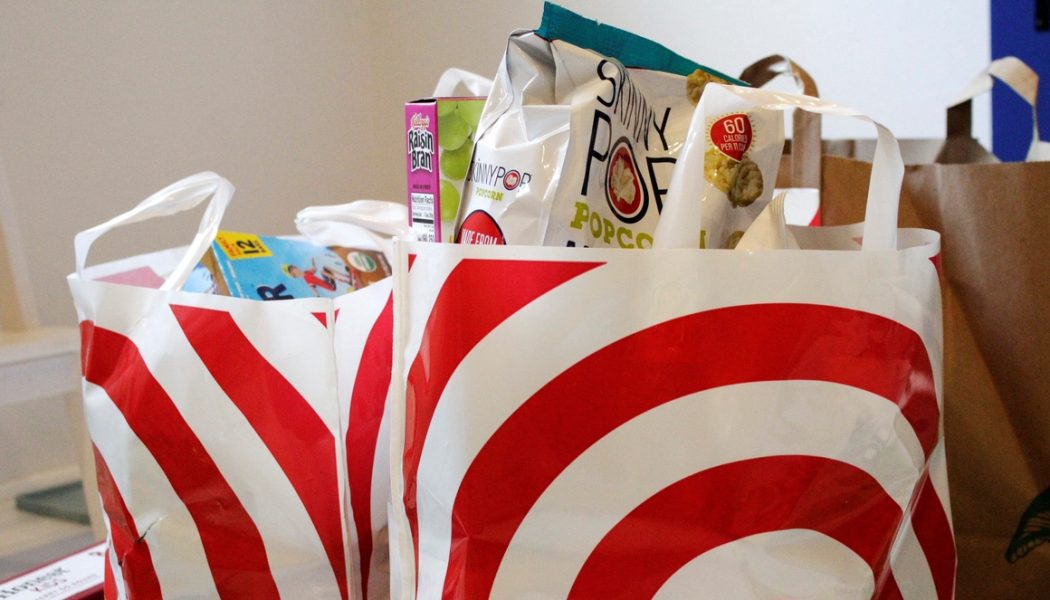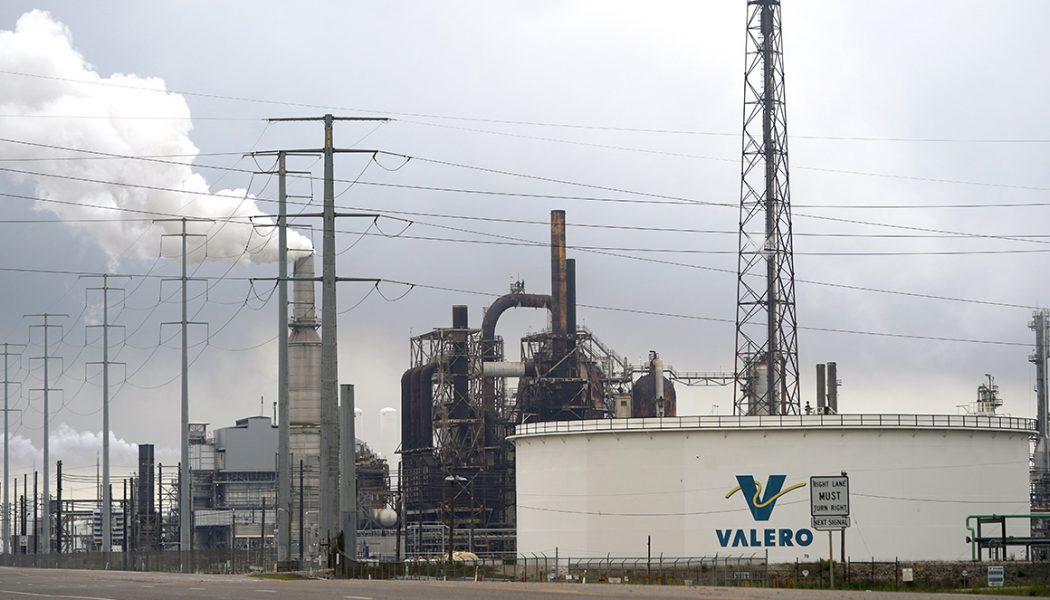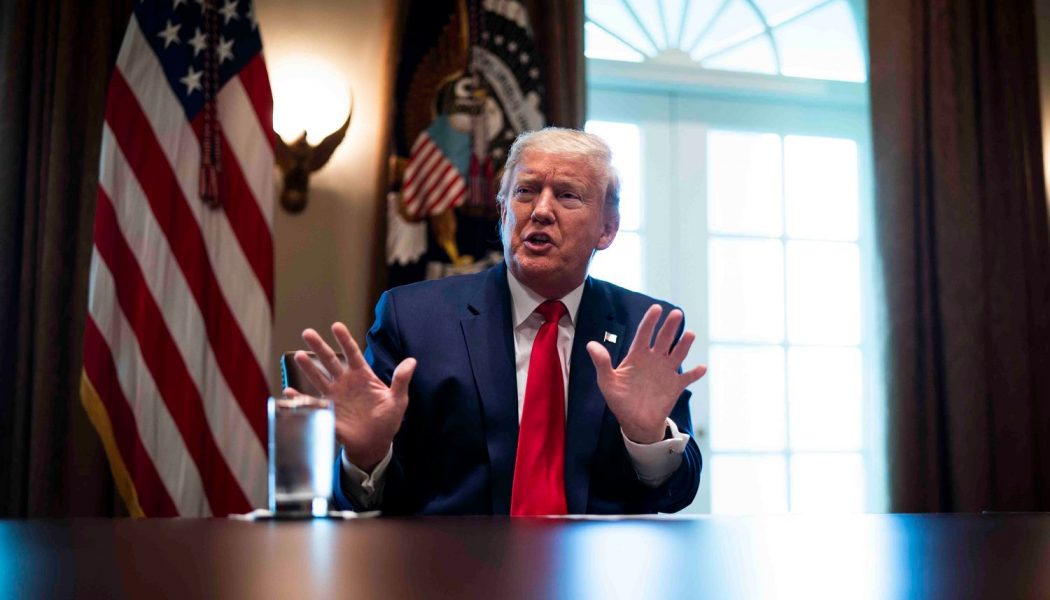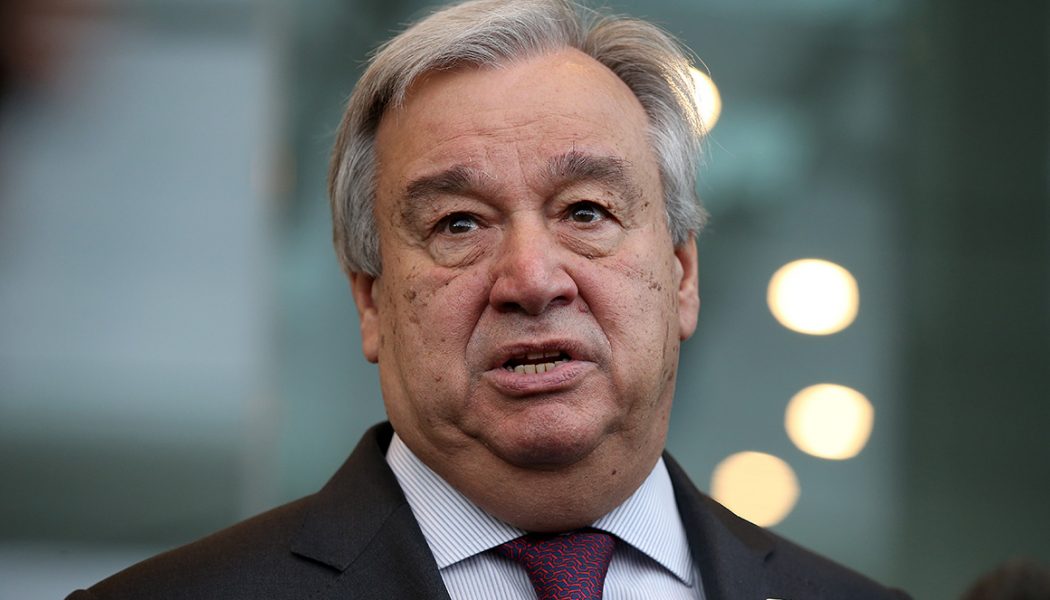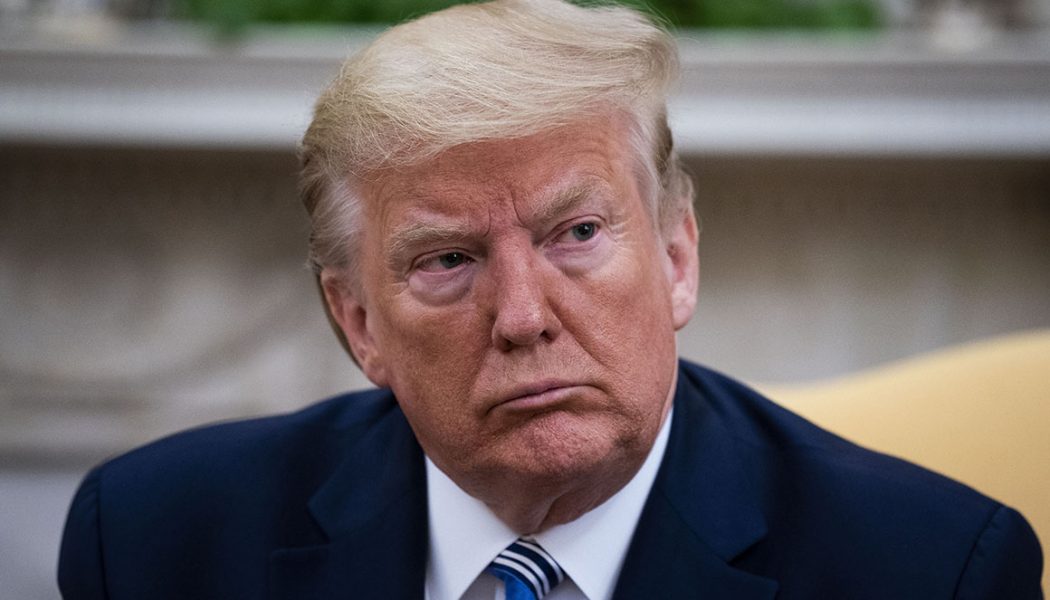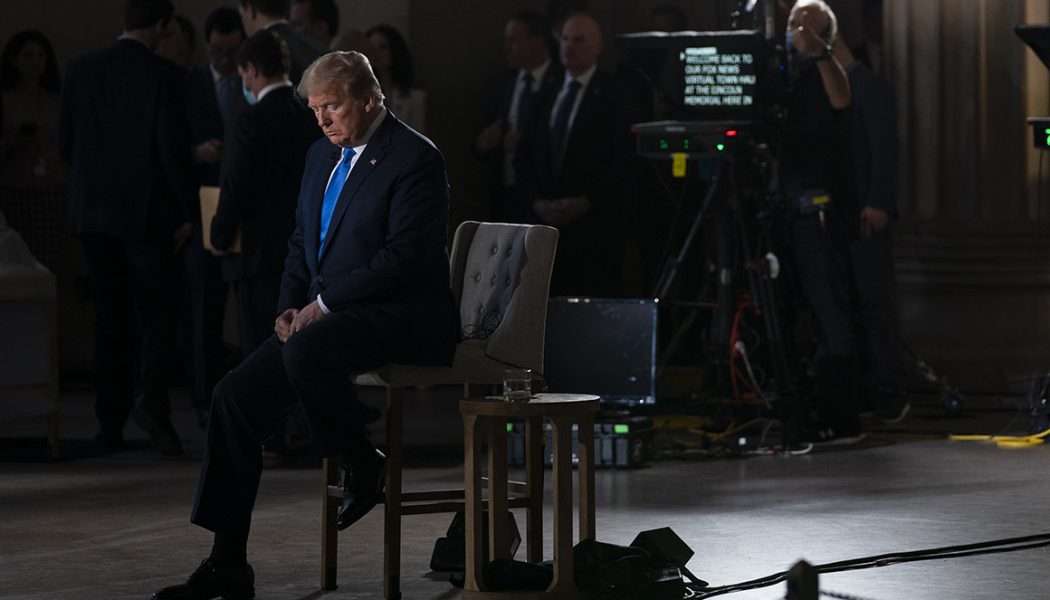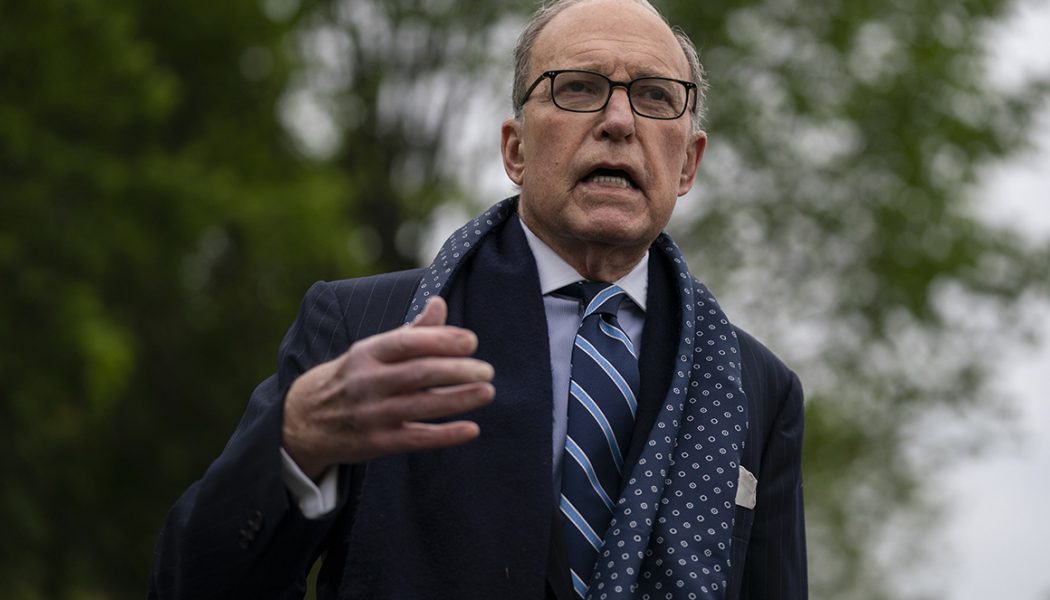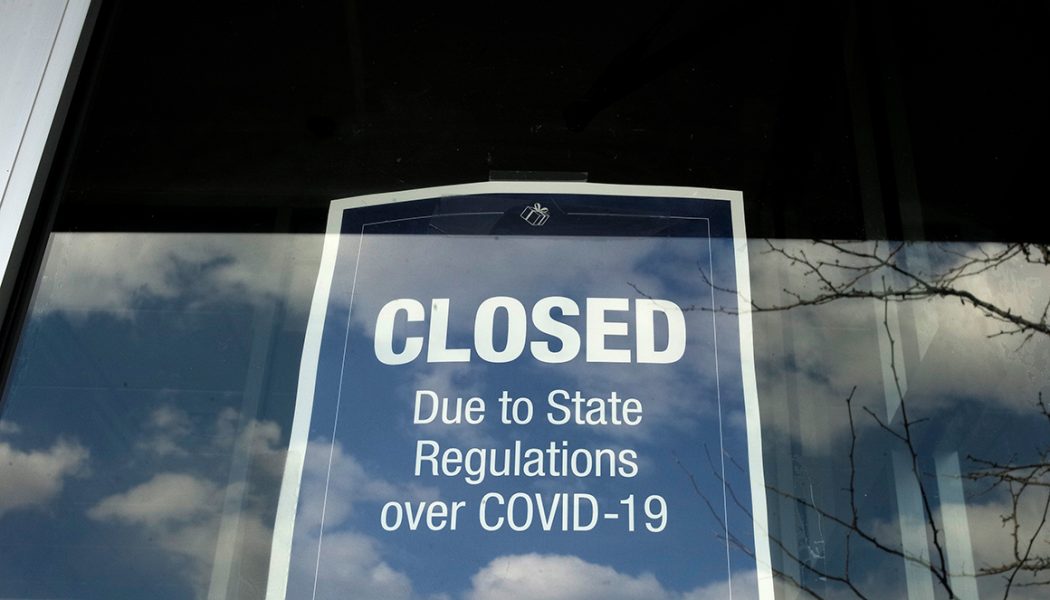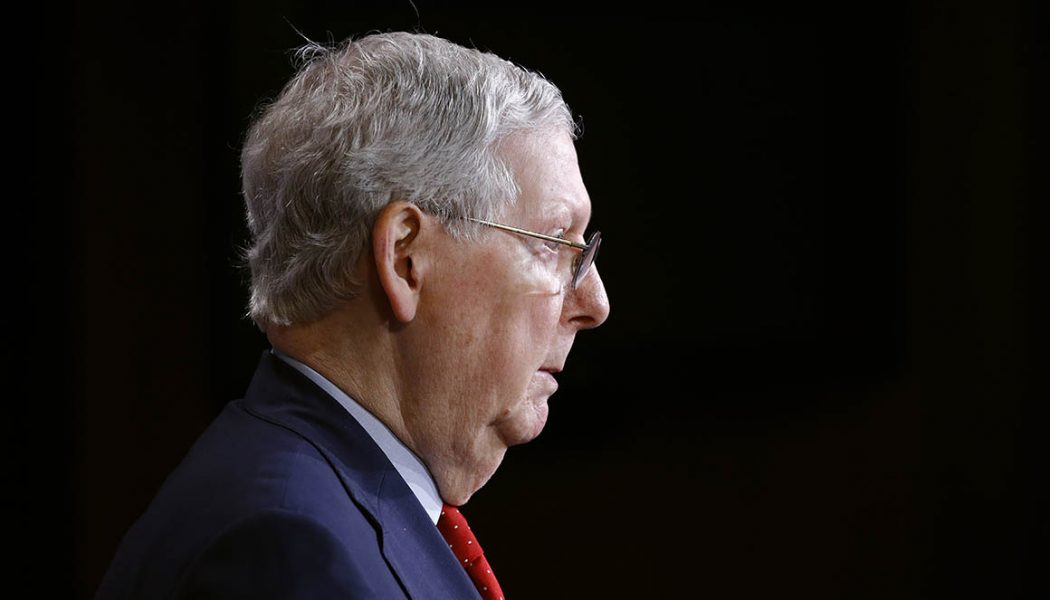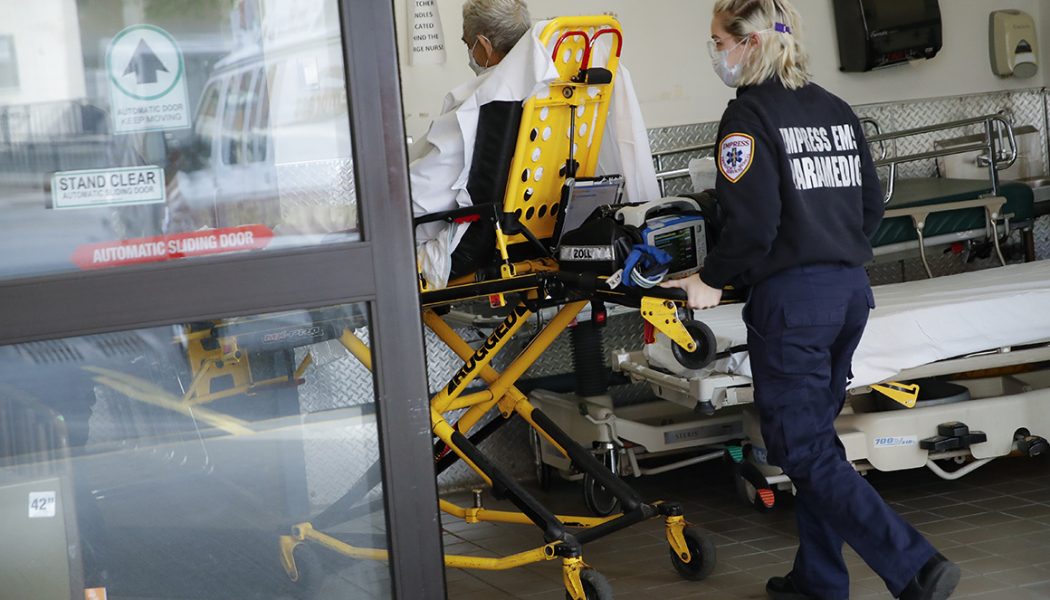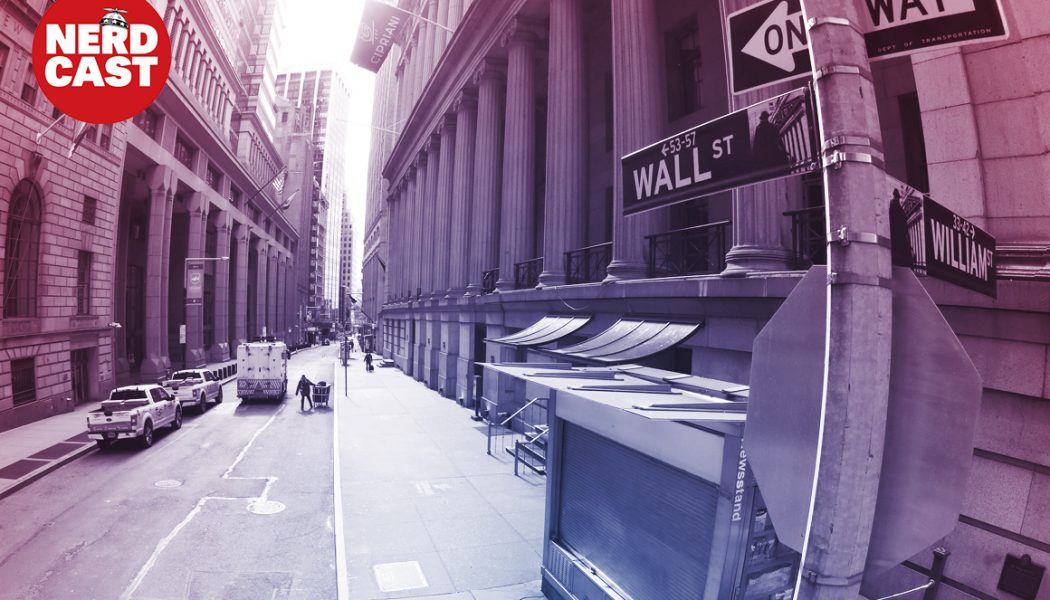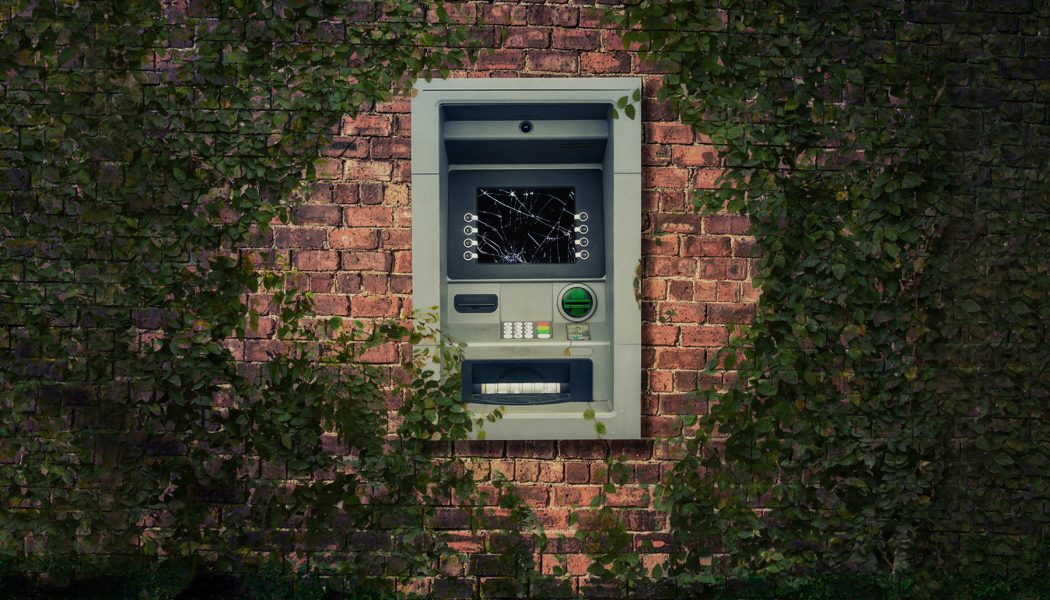Business
Wazupnaija – Naija Entertainment blogs & Forums – Business
Coronavirus risks a return of the throwaway culture
In Belgium, Germany and the Netherlands, farmers have had to destroy millions of tons of unsold potatoes because people can’t eat fries in restaurants and bars. The crisis has also brought about a resurgence of single-use plastics. In supermarkets across the Continent, buns, apples and avocados are smothered in plastic wrap — and people worried about catching a deadly disease don’t care. “People are now more focusing on the hygienic and long-life aspects when it comes to foods and vegetables,” Mara Hancker, managing director of the German lobby for plastic packaging, said over the phone, adding that “people don’t have faith anymore in these products without the packaging.” While garbage grows, the packaging industry sees an opening. The European lobby group for plastic manufact...
Oil prices go negative — and Washington is paralyzed over what to do
“The U.S. government’s ability to fundamentally change this situation are minimal,” said Raymond James oil analyst Pavel Molchanov. “The real problem is the fact that upwards of 20 percent of global oil demand is currently offline, mainly due to the Covid-related lockdowns.“ President Donald Trump won praise last week for helping push Russia and Saudi Arabia to end a market standoff and reduce shipments oil. But those cuts won’t take effect until next month, hurting near-term prices for crude and leaving oil producers scrambling to find storage for their production. A White House spokesperson referred questions about any new efforts to aid the oil industry to the National Security Council, which did not respond. A Department of Energy spokesperson did not reply to questions. Af...
Trump pledges financial aid to oil industry
While the March oil futures contract that expired Tuesday on the Chicago Mercantile Exchange staged a rebound to end in positive territory after settling at -$37 a barrel on Monday, the June futures contract shed $9 to trade near $11 a barrel, near the previous record lows from 1986. Neither the White House nor the Treasury and Energy departments would comment on any new measures that Trump was considering. But Energy Secretary Dan Brouillette told CNBC in an interview that he would meet with Treasury Secretary Steve Mnuchin and White House Economic Council Director Larry Kudlow to discuss how to get more money to oil companies. He said oil executives had told him that banks had “discriminated“ against their companies and made it difficult for them to receive loans. “We want to ensure they...
U.N. chief says there’s a bigger threat than coronavirus
The U.S. is the world’s second-biggest fossil fuel subsidizer, according to a 2019 International Monetary Fund report. Guterres is expected to say: “Fossil fuel subsidies must end, and polluters must start paying for their pollution.” With many health systems and medical supply chains at breaking point, Guterres will say that while “the impact of the coronavirus is both immediate and dreadful,” there’s an “even deeper emergency — the planet’s unfolding environmental crisis.” Guterres will argue that “climate disruption is approaching a point of no return,” adding that “greenhouse gases, just like viruses, do not respect national boundaries.” Guterres will also propose that “where taxpayers’ money is used to rescue businesses, it needs to be tied to achieving green jobs and sustainabl...
‘Whack-a-mole stuff’: Trump’s oil rescue hits a slippery path
Like most parts of the economy, the oil industry has been hard hit by the coronavirus pandemic. The crash in oil prices that saw U.S. crude futures sink into negative territory last week for the first time in history rattled an industry that has weathered booms and busts for decades. Companies that had lifted U.S. oil production to record levels above 13 million barrels per day in recent months have slashed spending, laid off workers and shut down an estimated 900,000 barrels per day of output since the middle of March. But even market-driven production cuts in the U.S. and planned reductions by Saudi Arabia and Russia have failed to offset the global collapse in demand, as the spread of Covid-19 has shrunk consumption by an estimated 20 million to 30 million barrels per day. That has left...
Trump team plots tax cuts and regulatory suspensions to boost a coronavirus recovery
“I think we’re going to have an incredible following year,” Trump said from the Lincoln Memorial. “We’re going to go into a transition in the third quarter, and we’re going to see things happening that look good. I really believe that. I have a good feel for this stuff.” It was a classic split-screen moment for the Trump administration, with the president leaning so heavily on his economic message that the health concerns surrounding a pandemic appeared secondary. Trump’s former Food and Drug Administration commissioner, Scott Gottlieb, warned Sunday of a potential explosion of new cases if states allowed workplaces, schools or other public areas to “let their guard down.” Gottlieb delivered the somber message as Trump returned from a weekend at Camp David, where he was surrounded by top a...
Kudlow: Administration is on ‘pause’ before deciding on additional virus relief
“We have to execute the last package. And the numbers are very strong. These are the small-business loans,” Kudlow said. “One hundred seventy-five million Americans have received federal assistance in one form or another. That includes the direct checks, of course, and the unemployment compensation and the small business assistance,” he continued. Now, he said, administration will “see what the results are,” citing “generous relief packages.” Kudlow agreed there’s a “real need,” in response to a question related to the Small Business Administration’s Paycheck Protection Program, but didn’t say if more money would be pumped into the program. “We haven’t made a decision. … I don’t want to rule it out,” he said.
U.S. economy shrank at 4.8% rate last quarter as virus struck
That would be, by a breathtaking margin, the bleakest quarter since such records were first compiled in 1947. It would be four times the size of the worst quarterly contraction on record set in 1958. In just a few weeks, businesses across the country have shut down and laid off tens of millions of workers. Factories and stores are shuttered. Home sales are falling. Households are slashing spending. Consumer confidence is sinking. As the economy slides into what looks like a severe recession, some economists are holding out hope that a recovery will arrive quickly and robustly once the health crisis has been solved — what some call a V-shaped recovery. Increasingly, though, analysts say they think the economy will struggle to regain its momentum even after the viral outbreak has subsided. M...
Economists urge Republicans to ignore the deficit
But economists from a broad range of ideological backgrounds are encouraging Congress to keep spending to combat catastrophic job losses — and say now is not the time to focus on the deficit. They emphasize that the federal government can borrow at near-zero interest rates, as investors seek the safety of U.S. bonds and the Federal Reserve buys up tens of billions of dollars worth of Treasury securities each week. GOP concerns over the deficit will play a central role in negotiations as lawmakers begin working on the next emergency spending bill and Democrats push for more funds for state and local governments. Meanwhile, because so much normal economic activity has evaporated because of safety fears and stay-at-home orders, the threat of a crippling drop in prices is perhaps more of a con...
Backlash grows as pandemic relief stumbles
Big hospital chains that see the most elderly patients have so far received the most federal funds; executives of the for-profit conglomerate HCA Health Care told investors this week they received a whopping $700 million. Health officials have defended their decision to use a formula relying on total Medicare revenue as a speedy way to push money out the door, but individual hospitals still don’t understand how exactly the administration calculated their checks. HHS has altered its formula for the next batch of money, which also includes billions for rural areas and hot spots. “We are all utterly perplexed trying to figure out what the hell this formula is and how it’s going to work,” one health care consultant said. “They could be sending out checks today, and we truly don’t know how they...
Nothing is enough: Governing during coronavirus
POLITICO Illustration/Getty Images What’s coming? We haven’t seen an economic crisis like this since before WWII or a health crisis like this in a century. And an unsettling reality is setting in: We’re not doing enough to ease the pain on either front so far. Senior economic correspondent Ben White talks to Scott about the economy, coronavirus testing and more, and tries not to give him too much anxiety. Advertisement Subscribe and rate Nerdcast on Apple Podcasts.
Is the Coronavirus Killing Off Cash?
Last month, Square’s Dorsey prodded the government (via tweet, of course) to let his payments company and others in the fintech industry help figure out how to get Americans their money in a hurry. Schulman, of PayPal, says he pitched a business acquaintance, Treasury Secretary Steven Mnuchin, about distributing government funds via PayPal. This week, the Treasury Department approved both PayPal and Square as distributors of the $350 billion in small-business loans that were also part of the stimulus package. To some, however, a pandemic-triggered decline in cash is nothing to celebrate. Cash is an essential financial tool of the millions of Americans who either don’t have access to banks or credit cards, or who opt to not make use of them. (While it’s still possible to use PayPal and Squa...
